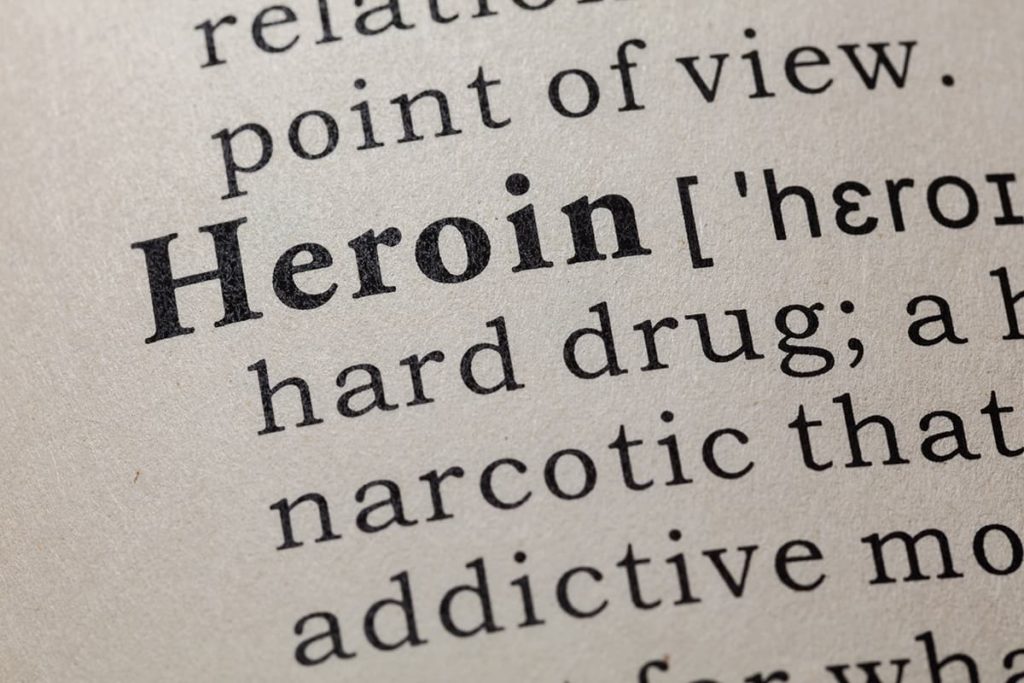Substance abuse treatment centers often receive clients struggling with marijuana addiction. Many of these clients report that they feel an intense hunger or desire to eat after using marijuana. This is commonly referred to as the “munchies,” and it can be a source of concern for those in addiction treatment. The question remains: does marijuana make you hungry? Exploring the science behind the munchies and how they affect individuals in substance abuse treatment can help you or a loved one in recovery.
If you or a loved one is struggling with substance abuse, don’t hesitate to reach out to Promises Recovery Ranch. We are here to help and are committed to helping you achieve a successful and sustainable recovery. Contact us today at 1.844.876.7680 for more information and to get started on your journey to recovery.
What Are the Munchies?
Does weed make you hungry? Many people get “the munchies” following the use of marijuana. The munchies refer to a phenomenon where individuals who use marijuana report experiencing an increased appetite or hunger. This is often accompanied by a desire to eat specific types of food, such as junk food or snacks high in carbohydrates. It is important to note that not all individuals who use marijuana experience the munchies. The exact reasons behind why some people get the munchies while others do not is still unknown.
The Science Behind the Munchies
The psychoactive ingredient in marijuana is tetrahydrocannabinol (THC), which affects the brain and body in numerous ways. THC stimulates the production of a hormone called ghrelin, which increases appetite and regulates hunger. Additionally, THC activates neurons in the brain that control the sense of smell and taste. This can enhance the sensory experience during eating, making food taste more enjoyable.
It is also possible that the munchies are a result of a psychological association between marijuana use and eating. Some individuals may have a conditioned response to the act of smoking or ingesting marijuana that leads to an automatic desire to eat.
Effects of the Munchies on Substance Abuse Treatment
For individuals in substance abuse treatment, the munchies can pose a significant challenge. Many clients may be recovering from an addiction to food, such as a binge eating disorder or bulimia, and the increased appetite can trigger old patterns of behavior. Additionally, individuals in addiction treatment may struggle with weight management or have co-occurring conditions that require a specific diet, such as diabetes or high blood pressure.
Managing the Munchies in Substance Abuse Treatment
The munchies can be managed during substance abuse treatment in various ways. Clients can work with their treatment team to develop a meal plan that meets their dietary needs and promotes a healthy relationship with food. It is also helpful to have healthy snacks on hand to enjoy in moderation.
Cognitive-behavioral therapy (CBT) can also address psychological associations between marijuana use and eating. Clients can learn how to identify and challenge negative thought patterns that contribute to overeating or binge eating. Mindfulness techniques may also be beneficial, as they can help clients become more aware of their sensations of hunger and satiety.
Call Promises Recovery Ranch for Help Today
At Promises Recovery Ranch, we understand the complexities of addiction and recovery. We offer a range of programs and services that address the unique needs of each client, including substance abuse treatment, co-occurring disorder treatment, and aftercare programs. Our experienced treatment team uses evidence-based practices and a holistic approach to help clients build a sustainable and fulfilling life in recovery.
If you or someone you know is struggling with addiction, including marijuana addiction, contact Promises Recovery Ranch today at 1.844.876.7680 or online. We are committed to helping individuals overcome the challenges of addiction and achieve lasting wellness.




